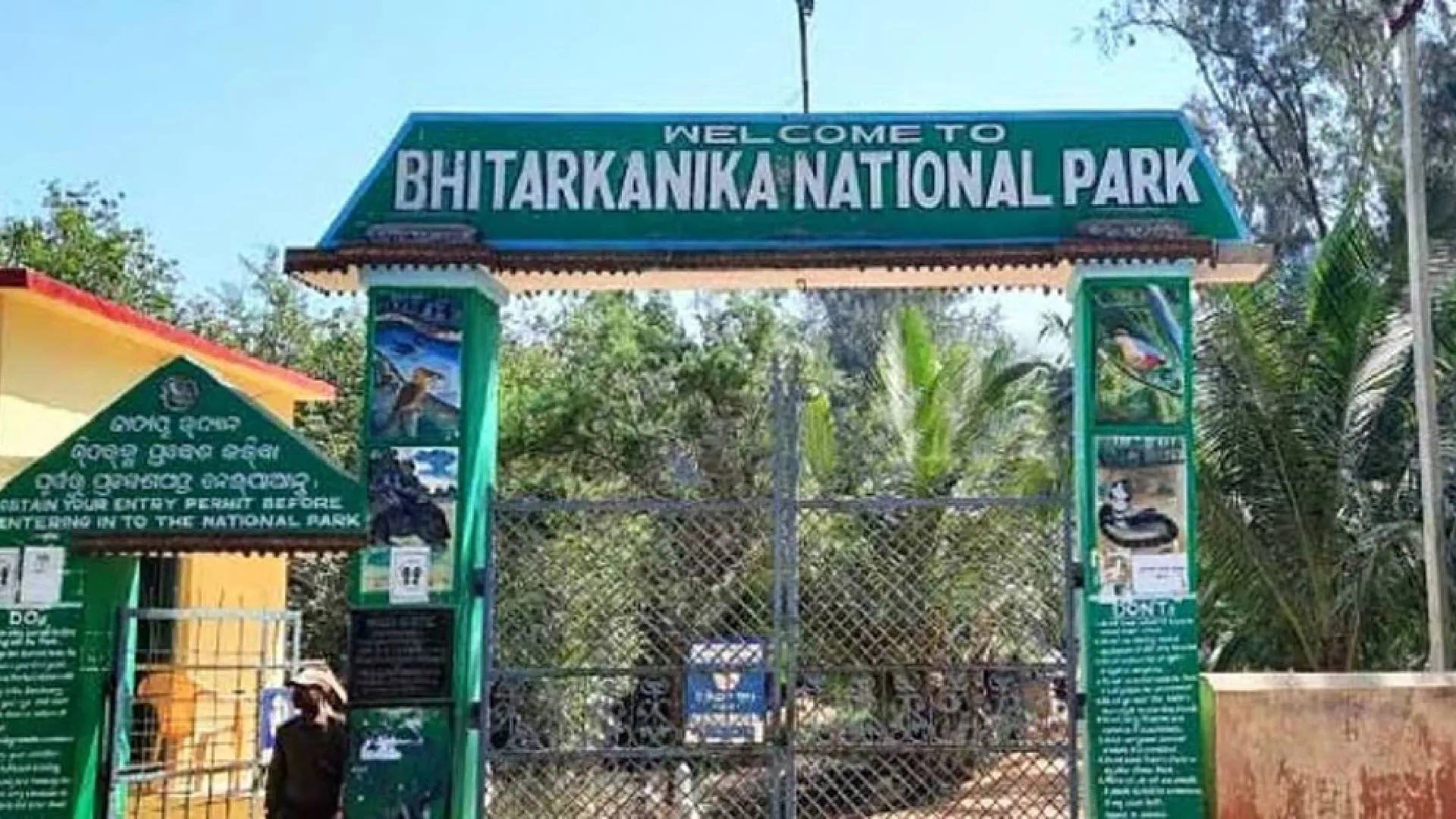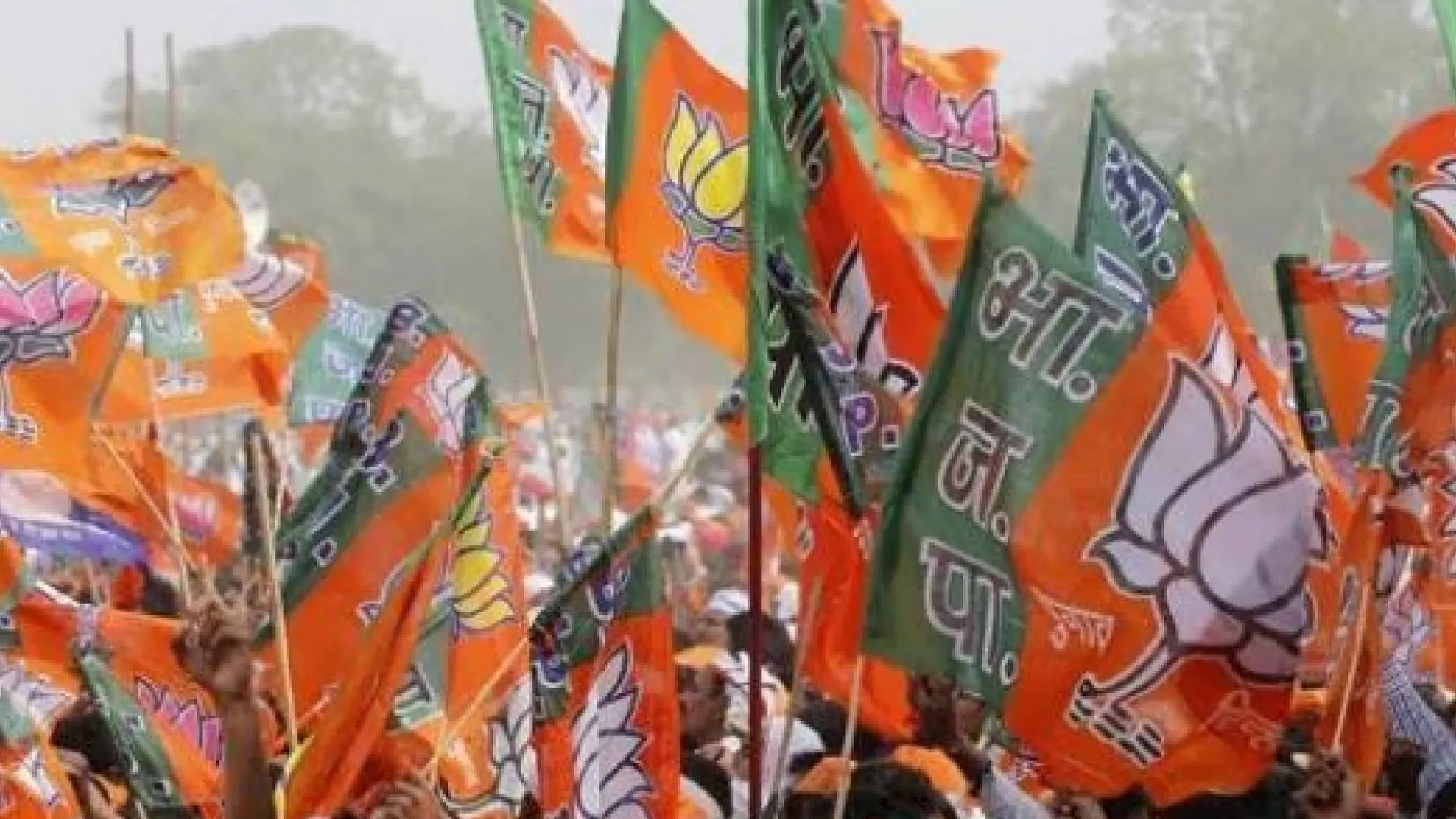At the Legally Speaking 3rd Law and Constitutional Dialogue event by NewsX, a fiery debate unfolded on the state of India’s judicial system, zeroing in on the contentious phenomenon of “Bulldozer Justice” and the growing judicial backlog. Featuring political analyst Tehsin Poonawala, BJP leader Sudhanshu Mittal, and former Delhi Police Commissioner S.N. Srivastav, the panel grappled with the challenges of balancing swift action with legal integrity.
The term “Bulldozer Justice” has risen to prominence as a symbol of swift enforcement against illegal encroachments and criminals. BJP leader Sudhanshu Mittal acknowledged the public’s frustration with judicial delays, noting that these sentiments have bolstered the appeal of Bulldozer Justice. “While people must fear the law in a civilized society,” he remarked, “it’s essential to ensure that actions like demolitions follow legal procedures.”
Mittal warned that bypassing due process risks legal overreach, potentially undermining public faith in the judiciary. He also highlighted inconsistencies in demolition laws across states, advocating for a uniform legal framework to safeguard constitutional principles.
Tehsin Poonawala offered a staunch critique of extrajudicial practices, insisting that even the most egregious offenders must be subject to legal scrutiny. “No one should be punished outside the court system,” he declared, citing a 95-page judgment that mandates a 15-day eviction notice before demolishing property.
Poonawala expressed concern over using Bulldozer Justice as a blanket solution, urging policymakers to prioritize fairness over expediency. “The separation of powers must be upheld,” he stated, emphasizing the judiciary’s role as a check against arbitrary governance.
S.N. Srivastav, former Delhi Police Commissioner, delved into the public’s frustration with delayed justice, advocating for structural reforms to expedite case resolutions. He pointed to the case of Vikas Dubey as an example of reactive enforcement, cautioning against normalizing such measures.
“Laws on encroachment, especially concerning government lands, must be implemented methodically, not reactively,” he stressed.
Srivastav proposed measures to mitigate delays, including timely filing of chargesheets, reducing adjournments, and increasing the number of courts. He underscored the critical role of procedural reforms in accelerating justice delivery.
The panelists unanimously emphasized the urgency of judicial reform to address India’s massive case backlog. Poonawala advocated for raising judges’ retirement age, establishing regional branches of the Supreme Court, and utilizing AI to resolve minor disputes. “Decentralizing the judiciary is essential to ensure greater access to justice,” he said.
Mittal echoed the call for reform but urged caution about overextending the Supreme Court’s role, emphasizing the importance of respecting jurisdictional boundaries.

















